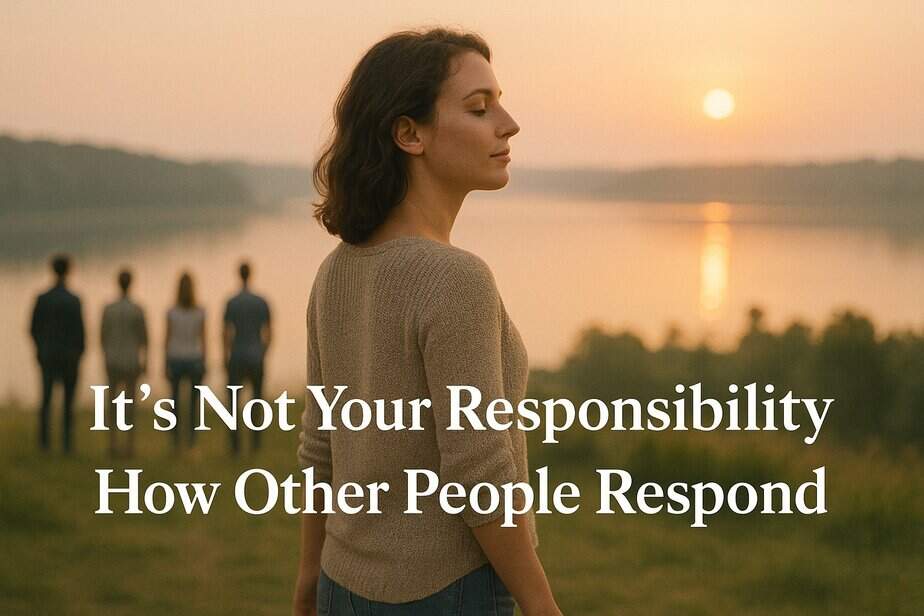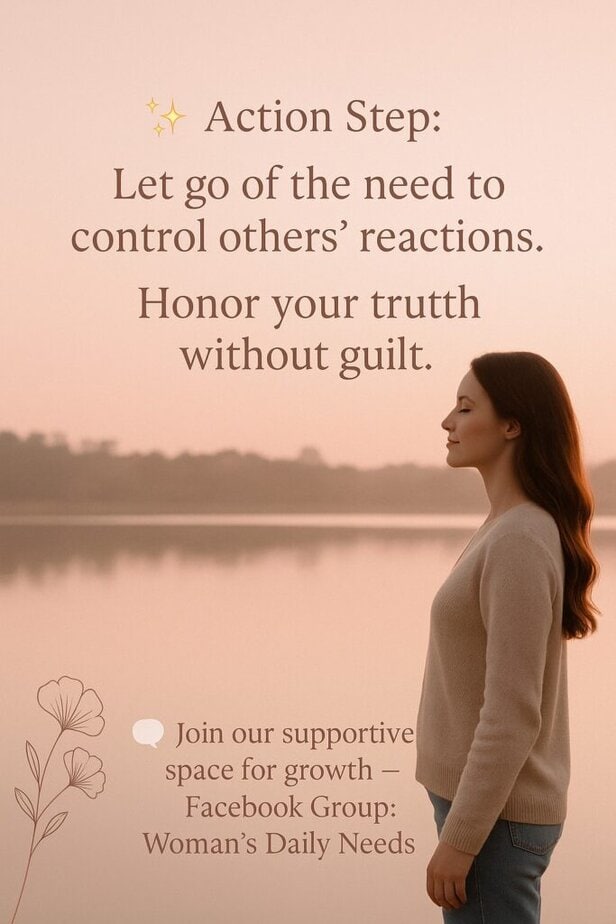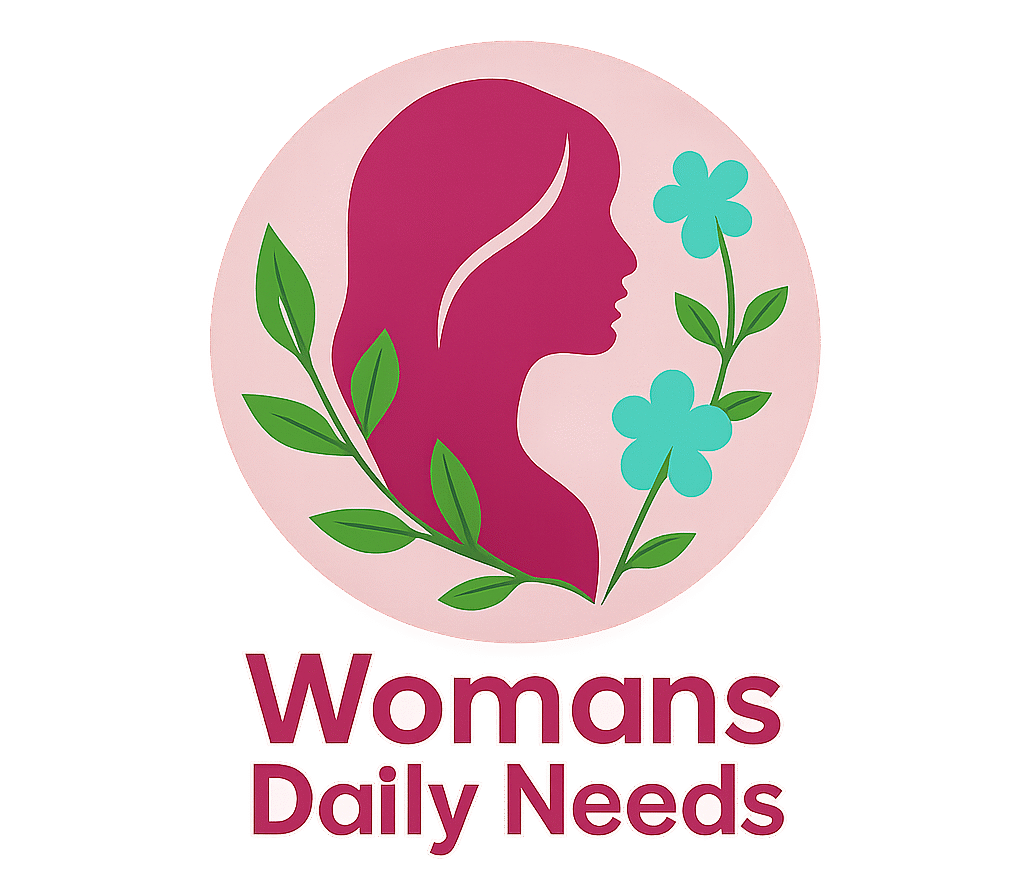It’s Not Your Responsibility How Other People Respond

One of the most powerful lessons in personal growth is understanding this truth: It’s not your responsibility how other people respond.
>Unrelated to your growth.
>Disrespectful of your boundaries.
>Unhelpful to your healing.
>Disconnected from your truth.
Admittedly, this statement might feel uncomfortable at first—especially if you’re a people-pleaser, an empath, or someone who grew up walking on emotional eggshells. However, it’s a truth that can ultimately set you free.
So many women go through life trying to manage not only their own emotions—but everyone else’s too. We tiptoe around people’s expectations, bury our needs, water ourselves down, and stay silent just to avoid conflict or disappointing someone.
But let’s make something very clear:
That’s not strength. That’s self-abandonment.
And eventually, it takes a toll on your mental health, your relationships, your confidence, and your ability to live in your full power.

The Root of This Belief
This mindset—that we’re somehow responsible for everyone else’s emotional responses—often comes from childhood. Many women were raised in homes or environments where speaking up led to punishment, rejection, or guilt.
According to Verywell Mind, emotional responsibility means owning your feelings—but not the reactions of others. When we blur that line, we absorb guilt that was never ours to carry.
We were taught to:
- “Be nice.”
- “Don’t upset anyone.”
- “Don’t make it awkward.”
- “Keep the peace.”
- “Don’t be too emotional.”
- “Be the bigger person.”
Translation? Suppress your truth.
Because someone else’s comfort mattered more than your voice.
We carry this conditioning into adulthood, into our romantic relationships, into our workplaces, and even into friendships. Saying “no” can bring a sense of guilt when someone reacts with disappointment. If our intentions are misunderstood, we often feel at fault. There’s a deep-rooted belief that it’s our job to keep everyone from feeling hurt, offended, or uncomfortable.
But here’s the truth no one told us growing up:
You are only responsible for your side of the street.
What You Are Responsible For
Let’s clarify what emotional responsibility actually means. You are responsible for:
- Being clear in your communication.
- Owning your actions.
- Holding space for respectful conversations.
- Showing up with honesty, kindness, and integrity.
- Making choices that align with your values, growth, and healing.
That’s it. You are not responsible for how others:
- Interpret your words.
- React to your boundaries.
- Feel about your growth.
- Choose to take offense to your truth.
If you’ve delivered your message with love, compassion, and self-respect, what happens on the other end is no longer yours to carry.

Growth Isn’t Always Comfortable—for You or Others
The deeper you grow, the more people will misunderstand you.
The more you heal, the more people may guilt you.
The more you evolve, the more others might resist or try to pull you back to who you used to be.
That doesn’t mean you’re doing something wrong.
That means you’re stepping into your power—and not everyone is ready for that version of you.
And let’s be honest: sometimes people don’t want the real you—they want the version of you that made them feel more comfortable.
As Dr. Nicole LePera, known as The Holistic Psychologist, teaches: people will resist your healing when it forces them to confront their own.
But you weren’t put on this earth to be palatable.
You weren’t created to be small.
You weren’t born to carry the emotional weight of everyone around you.
The Burden of Emotional Labor
Too often, women are expected to do the emotional labor in every room they walk into.
To be the peacemaker.
The fixer.
The one who smooths everything over.
But constantly trying to manage how others feel—at the expense of your own peace—is exhausting.
It’s also unsustainable.
When we take on the burden of managing other people’s reactions, we lose ourselves. We hold back from sharing our truth. People-pleasing takes over. Anxiety begins to build. Burnt out. Resentful.
Eventually, we realize something powerful:
It’s not our job. And it never was.

Real Love Doesn’t Require Self-Abandonment
When someone truly loves and respects you, they will honor your boundaries. They may not always agree, but they will listen. They will try to understand.
But when someone gets angry, guilt-trips you, or tries to shame you for protecting your energy or speaking your truth—it’s not love. It’s control.
As Brené Brown says, “Clear is kind. Unclear is unkind.”
Love doesn’t demand you make yourself smaller.
Respect doesn’t require silence.
Support doesn’t come with strings attached.
The people who are meant to stay in your life will grow with you—not try to cage you in who you used to be.
You’re Allowed to Take Up Space
Read this out loud:
>I am allowed to take up space.
>I am allowed to say no.
>I am allowed to protect my peace.
>I am allowed to choose myself—even if it makes someone else uncomfortable.
Choosing yourself isn’t selfish.
It’s sacred.
And it’s necessary.
There will always be people who don’t get it. People who project their own fears, wounds, or expectations onto you. Let them.
>Let people misinterpret you.
>Let them disagree.
>Let them feel uncomfortable.
>Let them go if they need to.
Because the more you try to control how others feel, the more you lose connection to yourself.
Final Thought: Let Go of What Isn’t Yours
Other people’s reactions are not your responsibility.
Their emotions are not your burden.
Their judgments are not your truth.
You are responsible for honoring your voice, standing in your worth, and showing up authentically.
Let the rest go.
You don’t need to carry guilt for choosing your own peace.
You don’t need to apologize for your healing.
Moreover, you don’t owe anyone access to your energy just because they demand it.
You are not responsible for how others respond.
You are responsible for how fully and honestly you show up for yourself.
Ultimately, that… is more than enough.
✨ Want more real talk and soul-deep encouragement like this?
Subscribe to the Womans Daily Needs newsletter and get weekly doses of truth, growth, and personal power—delivered straight to your inbox.
Related: How to Stop People-Pleasing and Start Living Authentically
You Don’t Owe Anyone an Explanation
Boundaries Are a Love Language
You’re Not the Villain for Outgrowing People
Radical Self-Respect: The Practice of Choosing You Every Day
💬 Got any questions or comments? Let me know down below—I would love to hear from you. Your voice matters here. 💖

Join me now in the Woman’s Daily Needs Facebook Group
Kiersti writes on self-love and personal development professionally. Over the past ten or so years, she has studied self-love and personal growth. Visit https://womansdailyneeds.com/ to learn more about what she does, and like her on Facebook at https://facebook.com/womansdailyneeds to keep up with her.
